Senate Judiciary Committee Chairman Lindsey Graham took advantage of the few days he has remaining as head of the committee to release numerous transcripts of interviews/depositions taken by staff of the Committee of various officials — including FBI officials — involved in the carrying out of the Crossfire Hurricane investigation of President Trump and the Trump Campaign.
Ordinarily, I’d invest several hours in reading all the transcripts to better inform myself of more specific details of how the investigation was conducted, but that kind of time is in short supply for me right now.
As a result, I’ve had to rely on some summaries and screenshots captured by various Twitter accounts about the contents and new information that emerges from some of the depositions.
None is more interesting to me at this moment than the one of Joe Pietka, and I will be taking some time to read it in the next day or two. But from what I’ve seen posted on Twitter, there are a couple of very significant takeaways from comments made by Pietka in response to the questioning. None of this changes the overall dynamic of what the Russia Hoax investigation was all about, and it doesn’t really implicate any new players for the most part. But he does “turn up the dial” some with regard to the misconduct by names that are already well known to those of us who have been following this story over the last few years.
First, a bit of background.
Pietka was a Supervisory Special Agent, and I’m very confident he is the individual referred to throughout Inspector General Horowitz’s report as “SSA1”. Pietka supervised a Counter-Intelligence squad in the FBI’s Washington Field Office, and was well known to Peter Strzok, the Assistant Deputy Director for Counterintelligence. Pietka was regarded as one of the FBI’s top counter-intelligence agents.
Strzok handpicked Pietka for the special assignment at the start of the Crossfire Hurricane investigation, and he led the primary squad of Special Agents assembled at the very outset in August 2016. In the weeks ahead the scope of the investigation would expand into a “four-headed” monster, with separate teams and supervisors tasked to investigate Paul Manafort, Carter Page, George Papadopolous, and later Gen. Michael Flynn.
Pietka was the first SSA brought into the group, and ended up leading the team that was looking at Carter Page. He supervised the effort to obtain a FISA warrant on Dr. Page and was responsible for signing off at the “field level” on the Application before it was submitted up the chain of command for approval and authorization to take it to the FISA Court. Along with the case agent, Pietka should have been the FBI official who knew and understood the facts of the investigation better than anyone else. While this has never been publicly confirmed to my knowledge, I believe that Pietka was the FBI Special Agent who was the “affiant” on the original Application submitted to the FISA Court to obtain the warrant on Carter Page.
As part of that process, Pietka was the individual who set forth under oath in the application the information taken from the memos created by Christopher Steele that was paid for by the Hillary Clinton campaign.
But among the answers given to Pietka during the deposition was the fact that immediately after the CH team received the first several memos generate by Steele on September 16, Pietka started the process for doing what is called an “Enhanced Source Validation” of Steele.
Every “confidential human source” used by the FBI undergoes a “validation” process by the agents who “open” the source and use the information from the source. There are a series of procedural steps that must be taken, and the results documented in the source file before the Agent is authorized to use the information provided by the source.
Sometimes circumstances are such that either the Agent working the source, or a supervisor familiar with the matter, will start the process for an “Enhanced Source Validation.” A specialized squad of Agents from the Intelligence Division (different than “Counter-Intelligence”) who are not connected to the investigation are assigned the task of looking at the source, the source’s information, and any prior instances of cooperation involving the source in order to offer a separate and independent judgment on whether the source can be used within the rules established for such investigative activity. The Agents on this squad are experts at generating sources of intelligence — it’s what they do. Part of that job is validating the sources they are trying to recruit to provide the FBI with information.
Pietka testified that he immediately determined from the content of Steele’s memos that Steele should undergo an “Enhanced Source Validation” because the content of the memos was so nakedly partisan, and in Pietka’s view the information was intended to be used for political purposes. That made him suspicious of the content of the memos. He didn’t know at that point who Steele’s “client” was with regard to who had paid Steele to generate the memos. But Pietka wanted a thorough investigation of Steele done by a group not connected to the CH investigation.
But that “enhanced source validation” never happened because the Assistant Director for Counter-Intelligence, Bill Priestap, stopped it from taking place — and seems to have done so at the request of Peter Strzok, his Deputy Assistant Director Counter-Intelligence who was supervising the overall CH effort.
When Pietka was told the process had been stopped, the excuse he was given for doing so was a fear that information from the Steele memos would leak if more agents — the “Enhanced Source Validation” squad — were brought in and given access to the memos as part of the process.
Pietka said he strongly disagreed with that decision — particularly the “justification” that fear of misconduct within the FBI should cause them to not take normal steps to ensure the information from Steele was reliable.
But with the benefit of hindsight, that justification is transparently false. What happened was that on September 23 Michael Isikoff at Yahoo News published the first story that disclosed details that Steele had written in his memos leading most in the investigation to suspect that Steele was talking to the press. That would be a violation of his source agreement and a basis to close him out as source — meaning the Agents could not accept any further information from Steel (leaving aside for the moment the use of Bruce Ohr as a “back-door” conduit).
But if that were to happen, the CH Team would still be able to use the information Steele had already provided in the form of the initial memos delivered to the FBI, and the information he provided during an interview with members of the CH team.
So why did Priestap — at Strzok’s request — put a stop to the “Enhanced Source Validation” process that Piekta had started???
Because Strzok realized that if the “validation” team determined that Steele or his information was not reliable, then the information given to the CH team by Steele up to that point could not be used for any purpose — including the FISA application.
As multiple FBI officials — including Andy McCabe — later admitted, they would not have been able to get the FISA warrant on Carter Page without the information in the Steele memos.
Pietka’s initiation of the “enhanced source validation” review put the most promising part of the investigation in jeopardy — the ability to get into Carter Page’s email history, text messages, etc., looking for connections between members of the Trump campaign and Russian actors.
When Pietka’s temporary assignment to the CH investigation was up in early January, he asked to go back to the FBI Washington Field Office — effectively “resigning” from the CH investigation. He said he did so because of the “professional disagreement” over the decision to stop the “enhanced source validation” of Steele that he thought was necessary.
Basically, he didn’t want to have anything to do with Crossfire Hurricane any longer. He was later promoted and moved to the FBI’s Office in San Francisco as an Assistant Special Agent in Charge.
There is a lot more left to learn from Joe Pietka. This was a deposition conducted by the Judiciary Committee, and certain subjects were apparently “off-limits” by agreement. Pietka was the second agent — along with Strzok — who interviewed Gen. Flynn at the White House. Pietka wrote the “first draft” of the Flynn 302 which was rewritten by Strzok, and Pietka’s draft has never been publicly disclosed. Pietka was instructed by his personal attorneys present for the deposition to not answer questions on several subjects, including questions about the investigation of Gen. Flynn.
I think he also was aware in December 2016 that a potential source of Steele’s was suspected to be Ivan Danschenko, who was identified by the FBI several years earlier as a likely Russian intelligence operative. Danschneko was interviewed by the FBI in late January 2017, after Pietka left the investigation.
Pietka was interviewed by the Inspector General — likely several times — and I’m certain he’s been interviewed by the investigators working with Special Counsel Durham. It would be interesting to know if he was ever interviewed by Mueller’s SCO — or more likely they didn’t want his input given what others in the CH investigation knew about his feelings.
I’ll be writing more on this topic after I have a chance to read the various transcripts myself.
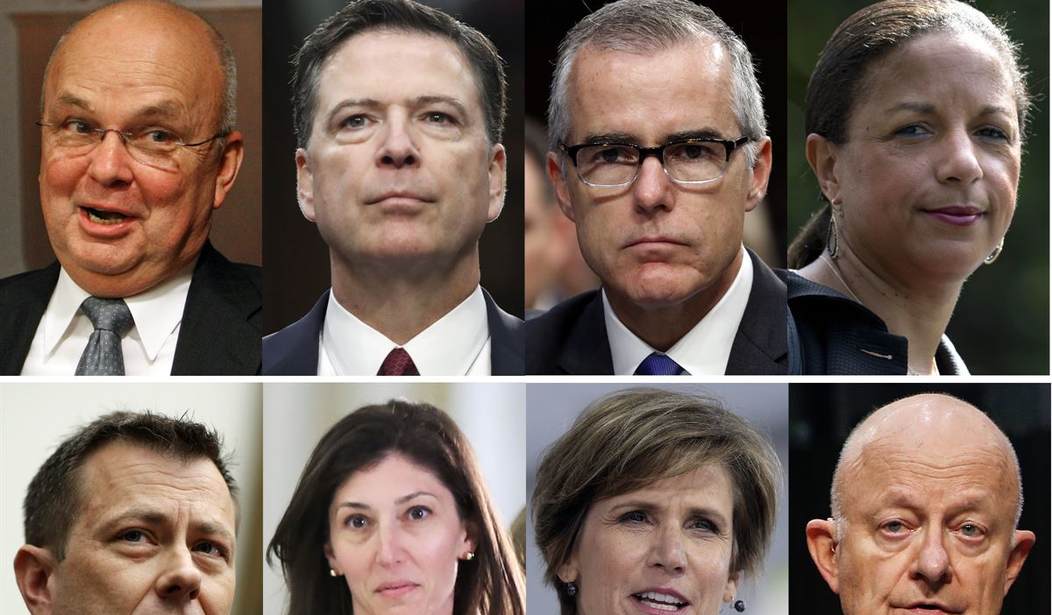


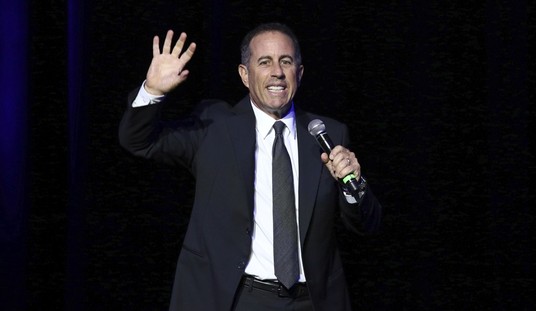
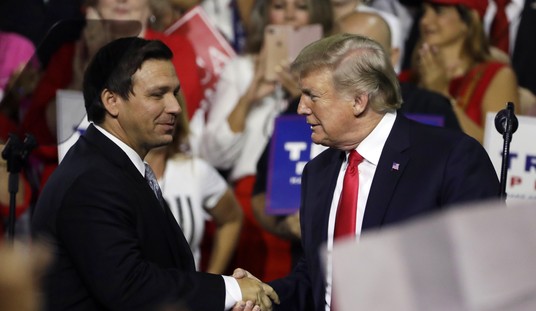

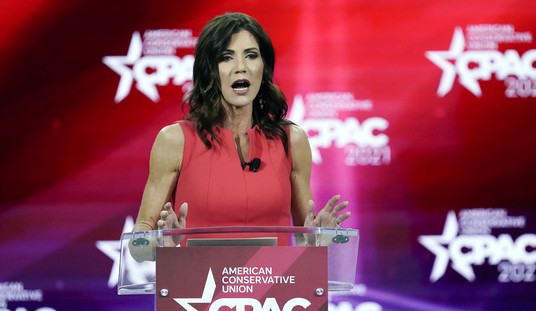
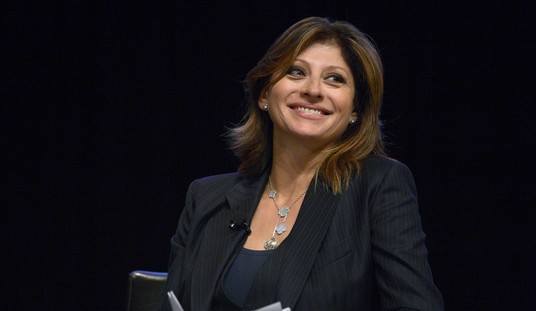
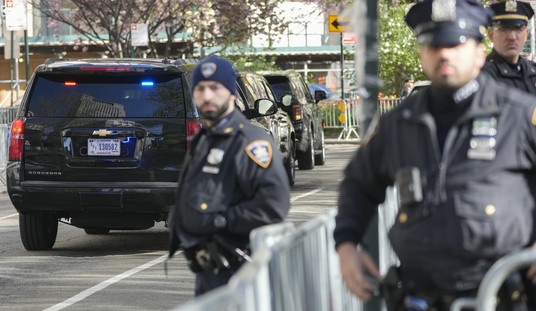

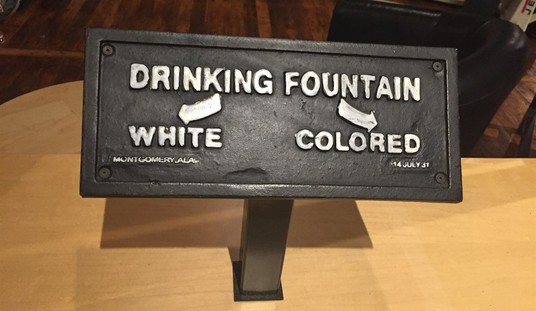


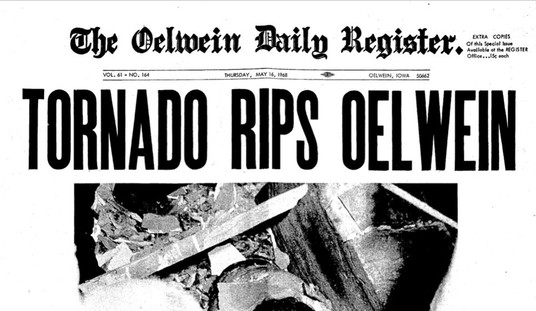
Join the conversation as a VIP Member